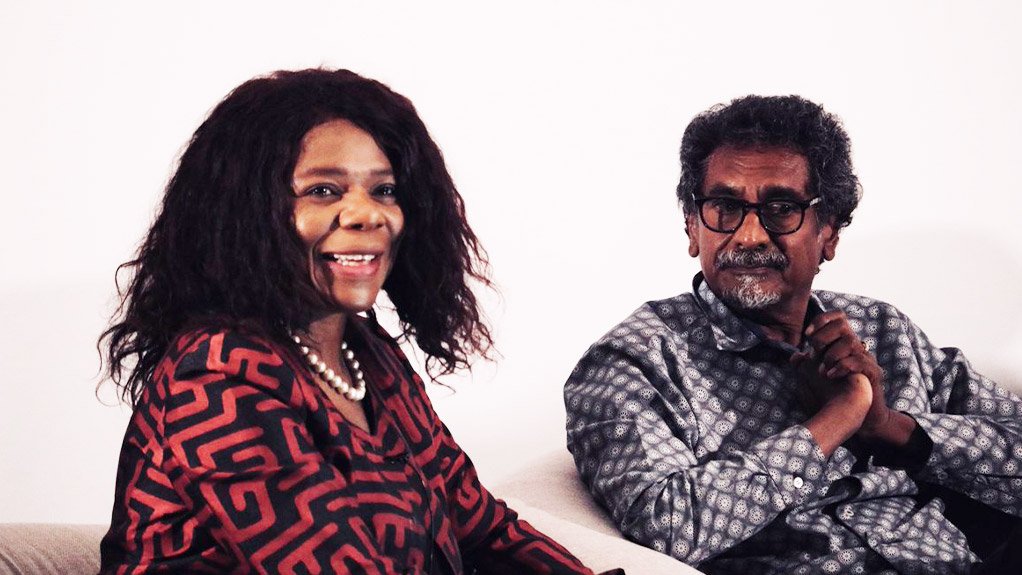Former Public Protector Thuli Madonsela said on Tuesday that it was time to rethink the economy and capital to protect human rights.
She was addressing a panel discussion as part of the University of Stellenbosch Business School (USB) Leader’s Angle Series.
Madonsela said South Africa was one of the well-run countries, but that it needed to go re-engage in dialogue to correct the mistakes it encountered.
“Worst of all is the huge issue of unemployment. Youth unemployment makes it explosive because that is where the energy is. If you break it down by race, 64% of Africans are unemployed. That is a huge disaster,” she said.
She went on to say that if the country was going to get a handle on corruption it needed to tackle poverty and inequality.
Madonsela believed it was a mistake to do away with Chapter 5 of the Equality Act to make way for black economic empowerment (BEE), which she said only benefitted a few and had proven to be unsustainable.
“We should ask ourselves the important questions like where are we going to end up if we continue at the pace we are going? We should change our hearts then the system shall follow,” she said.
Madonsela concluded that it was important to rethink the system and to fix the problems at hand.
She said it was important for the country to have a different mindset by instilling ethics and said business diversity management workshops could also prove to be worthwhile.
Meanwhile, former unionist Jay Naidoo said former President Nelson Mandela and his generation never promised to solve all the problems in South Africa.
“What we committed to was a very simple demand. We wanted one person, one vote and a free democratic, non-racial and non-sexist South Africa. The Constitution created a safe container for us to do the work and created a programme that came from people around what they wanted that work to be, which was the Reconstruction and Development Programme (RDP),” said Naidoo.
He said when the RDP was abandoned, it was like destroying a consensus and the nation has struggled until now with what needs to be done.
“We are reaping the seeds of what we sowed in 1996,” he declared.
He added that one of the fundamental mistakes was making people think that the State would solve all their problems, resulting in a largely dysfunctional State.
He said while he recognised that changing the system was important, and that 1994 remained a political milestone, this was insufficient.
“I have realised that changing the system was just one part of the equation of delivering on human rights and social justice. More important is how we change the people. No matter how perfect the system is, what we saw in State capture is that people can corrupt the system even if it is perfect.”
EMAIL THIS ARTICLE SAVE THIS ARTICLE ARTICLE ENQUIRY
To subscribe email subscriptions@creamermedia.co.za or click here
To advertise email advertising@creamermedia.co.za or click here











